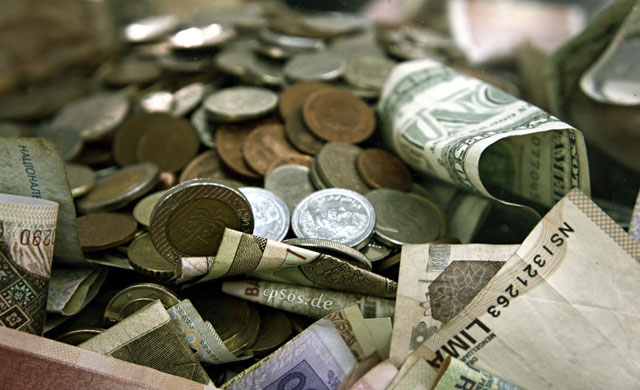Can the Euro survive the test of time? When the Euro was introduced, speculation ran that the Euro would serve as the new world reserve currency. Now, the fate of the Euro itself is in question.

Between the Treaty of Rome in 1957 and the Single European Act in 1986, Europe’s governments brought about the one great peaceful revolution the continent has seen in its long and troubled history. The creation of a single European currency would build on this remarkable success. It was the next vital step to greater unity and prosperity. The economic crisis in southern Europe shows that the euro system, at least in its current form, has instead become a mortal threat to both.Greece, Spain, Portugal, Italy and Cyprus are trapped in a recession and cannot restore their competitiveness by devaluing their currencies. The euro area’s northern economies have had to join in repeated bailouts and put aside their notions of prudent finance. A vicious circle of resentment and populism in the south and strengthening nationalism in the north is tearing the union apart.
The article goes on suggesting that the only way to actually save the Euro is to break it up. Considering the problems are increasing on a daily basis, this might be a good solution. But an article isn’t going to change policy makers in Europe.
The idea of a possible Euro breakup is not new. But support is growing, and plans are now more structured, compared with a ‘Grexit’ due to a default (emergency exit). The Euro was sold to Europeans that it would decrease the cost of trade (through single currency) and increase the entire bloc’s trade with the rest of the world. Has that happened? Is the effect of cheaper trade outweighed by the fact that individual countries cannot set their interest rates?
Another factor not being discussed by the mainstream debate is the fact that the concept of the Euro was created in an age before the internet, before electronic markets, and before a mountain of derivatives (so complex that the CEO of the world’s largest investment bank, JP Morgan, said he really didn’t understand them completely). Would a multi-currency system be more manageable with the internet and computing power nearly more powerful than the human brain?
The issue of technology and management of any proposed Euro solution should be considered. The world economy is different today than 30 years ago, policy should adapt to the new realities of a global electronic economy. China and Russia are now major market participants, and the Chinese Yuan is gaining popularity as a trade currency.
A management system could be designed to handle a new European Forex regime simply not possible in previous times.






